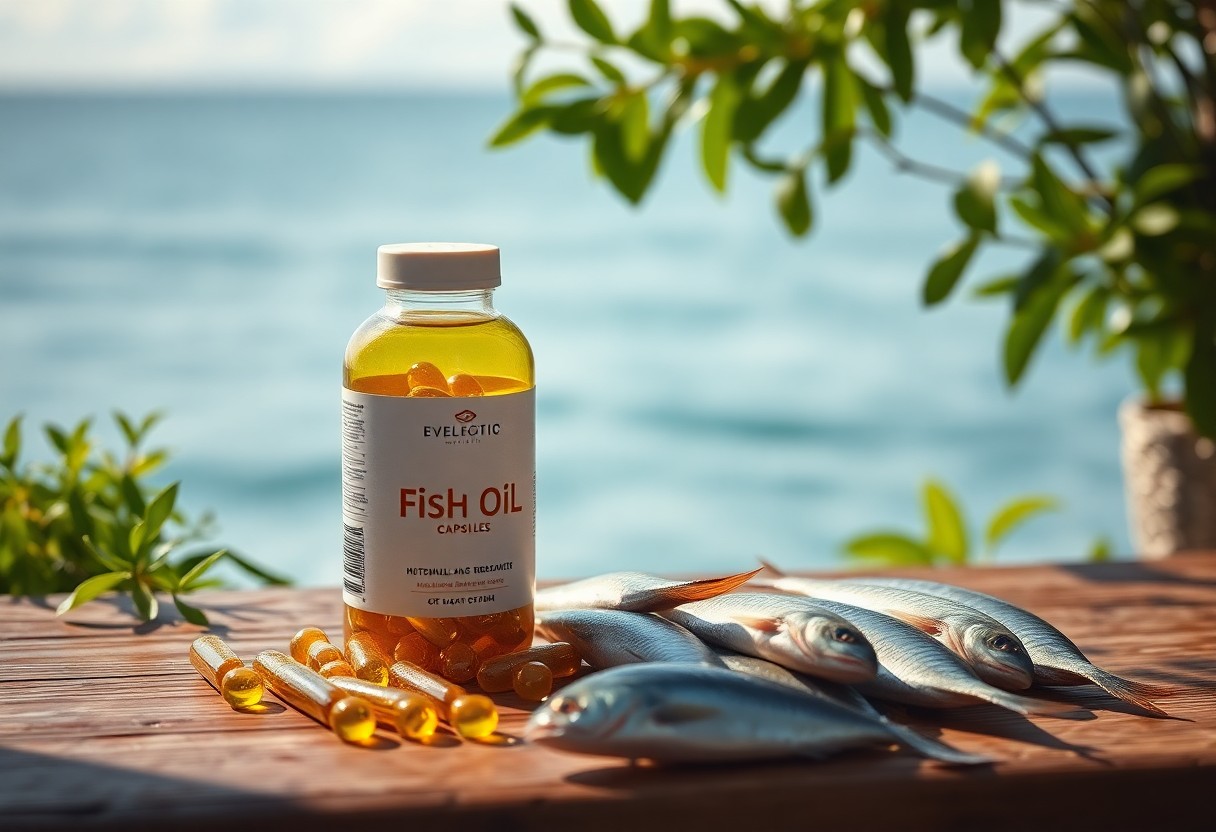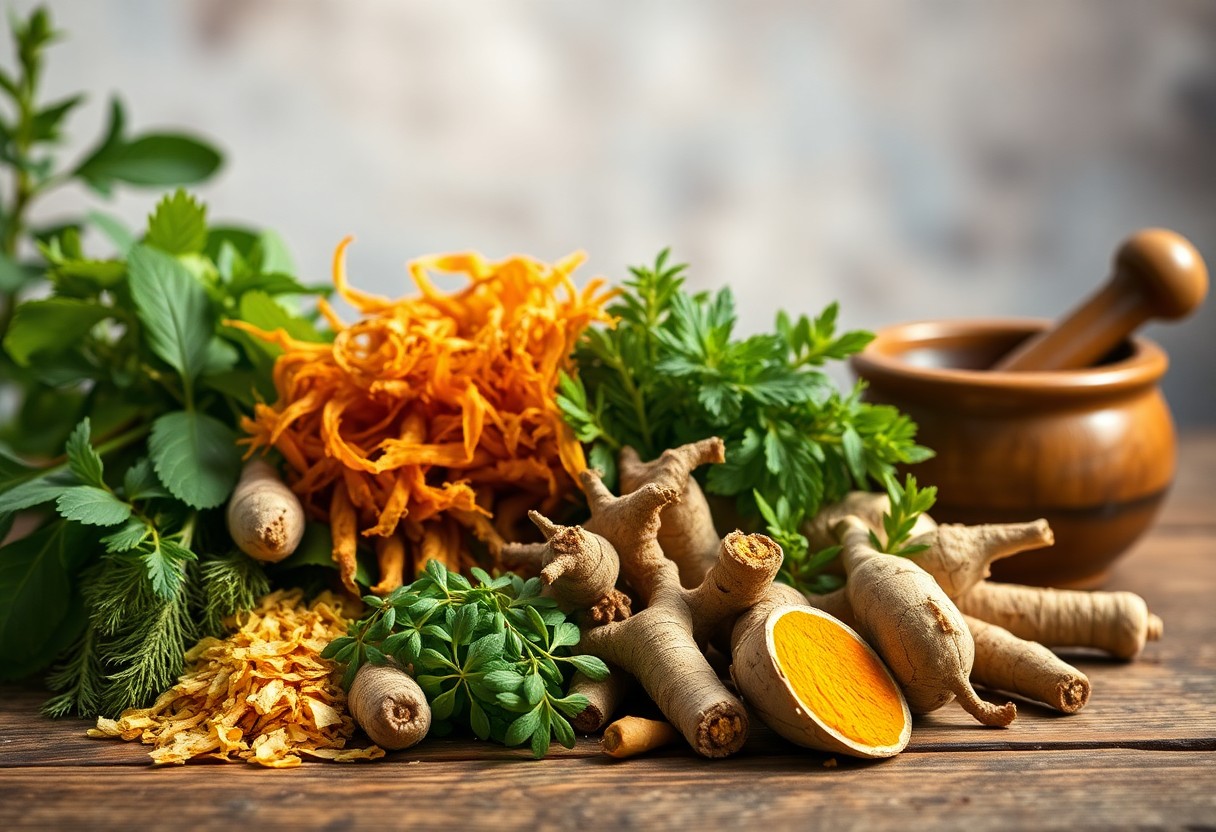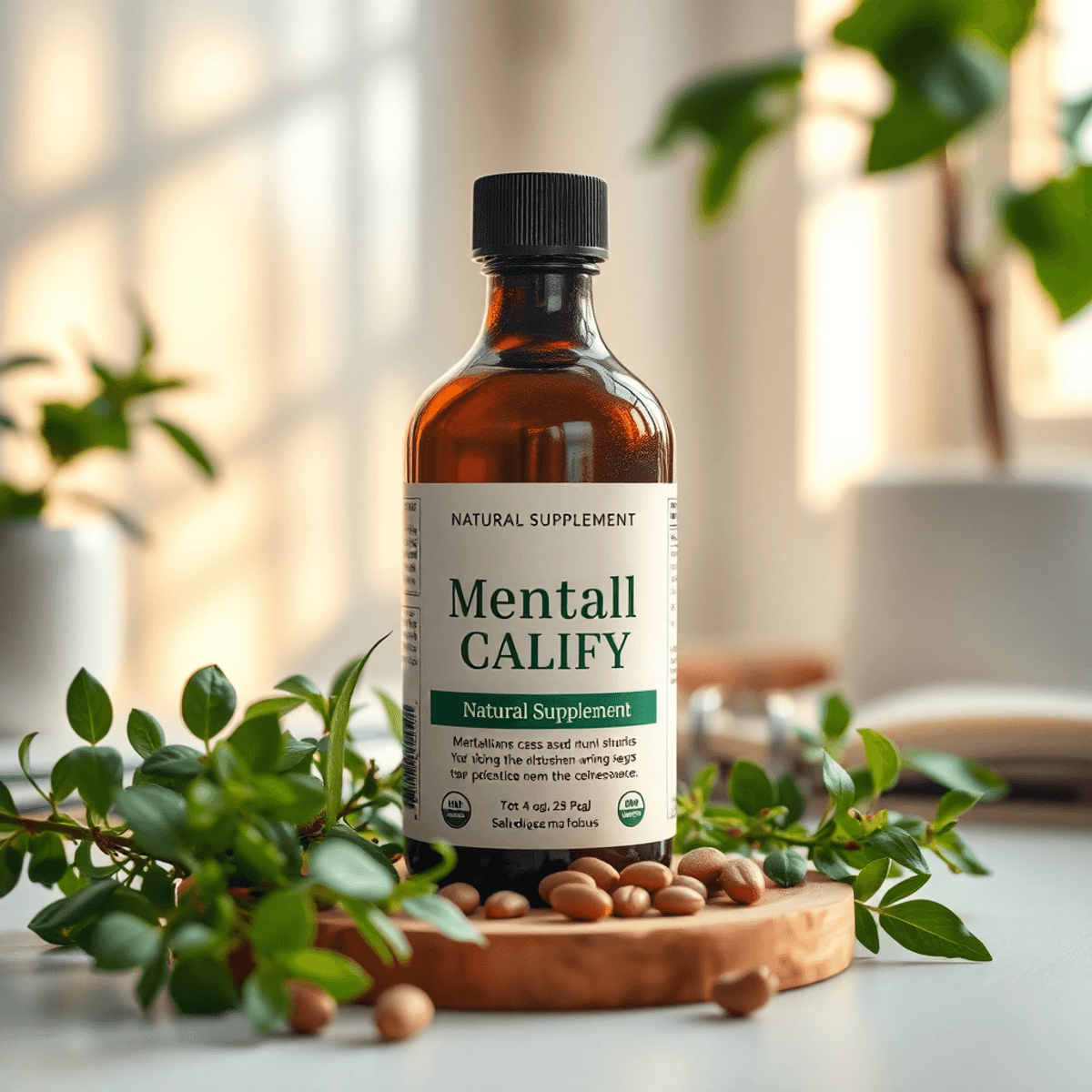The Science Behind Using Herbs for Gut Health
In recent years, gut health has emerged as a crucial component of overall well-being. With the gut often referred to as the “second brain,” its health impacts everything from digestion and immunity to mental health and chronic diseases. While modern medicine offers numerous solutions for gut health, many are turning to time-tested natural remedies. Herbs have stood the test of time, not just as culinary delights but also as powerful allies in promoting gut health. In this blog post, we explore the science behind using herbs for gut health, offering evidence-based insights and practical tips for incorporating them into your daily routine.
Understanding Gut Health
To appreciate the role of herbs in gut health, it’s essential first to understand what gut health means. The gut, or gastrointestinal tract, is home to trillions of bacteria, viruses, fungi, and other microorganisms collectively known as the gut microbiome. A balanced microbiome is crucial for optimal digestion, nutrient absorption, and immune function. According to a study published in Nature Reviews Gastroenterology & Hepatology, disruptions in the gut microbiome can lead to a range of conditions, including irritable bowel syndrome (IBS), inflammatory bowel disease (IBD), obesity, and even mood disorders.
The Role of Herbs in Gut Health
Herbs have been used for centuries in traditional medicine systems, such as Ayurveda and Traditional Chinese Medicine (TCM), to support digestive health. Modern science is beginning to unravel the mechanisms through which these herbs exert their beneficial effects. Let’s explore some of the most potent herbs for gut health and the scientific evidence supporting their use.
The Best Herbs for Gut Health
1. Peppermint
Peppermint is renowned for its soothing effects on the digestive system. Studies have shown that peppermint oil can help alleviate symptoms of IBS, such as bloating, gas, and abdominal pain. A meta-analysis published in the Journal of Clinical Gastroenterology found that peppermint oil significantly improved IBS symptoms in adults. The menthol in peppermint acts as an antispasmodic, relaxing the muscles of the gastrointestinal tract, which is particularly beneficial for those with IBS.
2. Ginger
Ginger is a powerful anti-inflammatory and antioxidant herb that has been used for millennia to treat nausea and promote digestion. A study published in the World Journal of Gastroenterology highlighted ginger’s ability to enhance gastric motility and accelerate gastric emptying, making it an excellent remedy for dyspepsia and other digestive discomforts. Additionally, its anti-inflammatory properties can help reduce inflammation in the gut, promoting a healthier gut lining.
3. Turmeric
Turmeric, and its active compound curcumin, are well-known for their anti-inflammatory and antioxidant properties. Research published in the Journal of Medicinal Food suggests that curcumin can modulate gut microbiota composition, reduce gut inflammation, and improve symptoms of IBD. Turmeric’s benefits extend beyond gut health, supporting overall immune function and reducing systemic inflammation.
4. Fennel
Fennel has long been used to relieve bloating, gas, and spasms in the digestive tract. Its carminative properties help expel gas from the intestines, while its antispasmodic effects relax gastrointestinal muscles. A study in the Journal of Ethnopharmacology confirmed fennel’s efficacy in reducing symptoms of colic and digestive discomfort, making it a popular choice for soothing upset stomachs.
5. Chamomile
Chamomile is widely used for its calming effects on the mind and body. Its antispasmodic and anti-inflammatory properties make it a valuable herb for addressing digestive issues. Research in the European Journal of Gastroenterology & Hepatology has shown that chamomile can help alleviate symptoms of gastrointestinal disorders, such as gastritis and ulcers, by reducing inflammation and promoting healing of the gut lining.
How to Incorporate Herbs into Your Diet
Incorporating herbs into your diet can be an effective way to support gut health. Here are some practical tips to get you started:
1. Herbal Teas
Brew herbal teas using peppermint, ginger, or chamomile to enjoy their digestive benefits. Consuming these teas after meals can aid digestion and alleviate discomfort.
2. Culinary Uses
Add fresh or dried herbs like ginger, turmeric, and fennel to your meals. Ginger can be grated into smoothies or stir-fries, while turmeric adds flavor and color to soups and curries. Fennel seeds can be chewed after meals to aid digestion.
3. Supplements
If you prefer a more concentrated form of herbs, consider taking them as dietary supplements. Look for high-quality, standardized extracts to ensure potency and efficacy.
4. Herbal Infusions
Prepare herbal infusions by steeping herbs in hot water for an extended period. This method extracts more beneficial compounds than a regular tea. Infusions can be made with a single herb or a blend, depending on your needs.
The Importance of a Balanced Approach
While herbs can offer significant benefits for gut health, it’s essential to adopt a balanced approach to achieve optimal results. Here are some additional tips for maintaining a healthy gut:
1. Maintain a Diverse Diet
A diverse diet rich in fiber, prebiotics, and probiotics supports a healthy gut microbiome. Include a variety of fruits, vegetables, whole grains, and fermented foods in your meals.
2. Stay Hydrated
Adequate hydration is crucial for maintaining gut health. Water helps flush out toxins and supports the digestive process.
3. Manage Stress
Chronic stress can negatively impact gut health, leading to imbalances in the microbiome. Incorporate stress-reducing practices such as meditation, yoga, or deep breathing exercises into your daily routine.
4. Exercise Regularly
Physical activity promotes healthy digestion and supports a balanced microbiome. Aim for at least 150 minutes of moderate-intensity exercise per week.
Conclusion
Herbs offer a natural, effective way to support gut health, backed by both traditional wisdom and scientific research. By incorporating herbs like peppermint, ginger, turmeric, fennel, and chamomile into your diet, you can promote a balanced gut microbiome and address digestive discomforts. Remember, a holistic approach that includes a diverse diet, hydration, stress management, and regular exercise will further enhance your gut health journey. Embrace the power of herbs and experience the profound impact they can have on your overall well-being.











